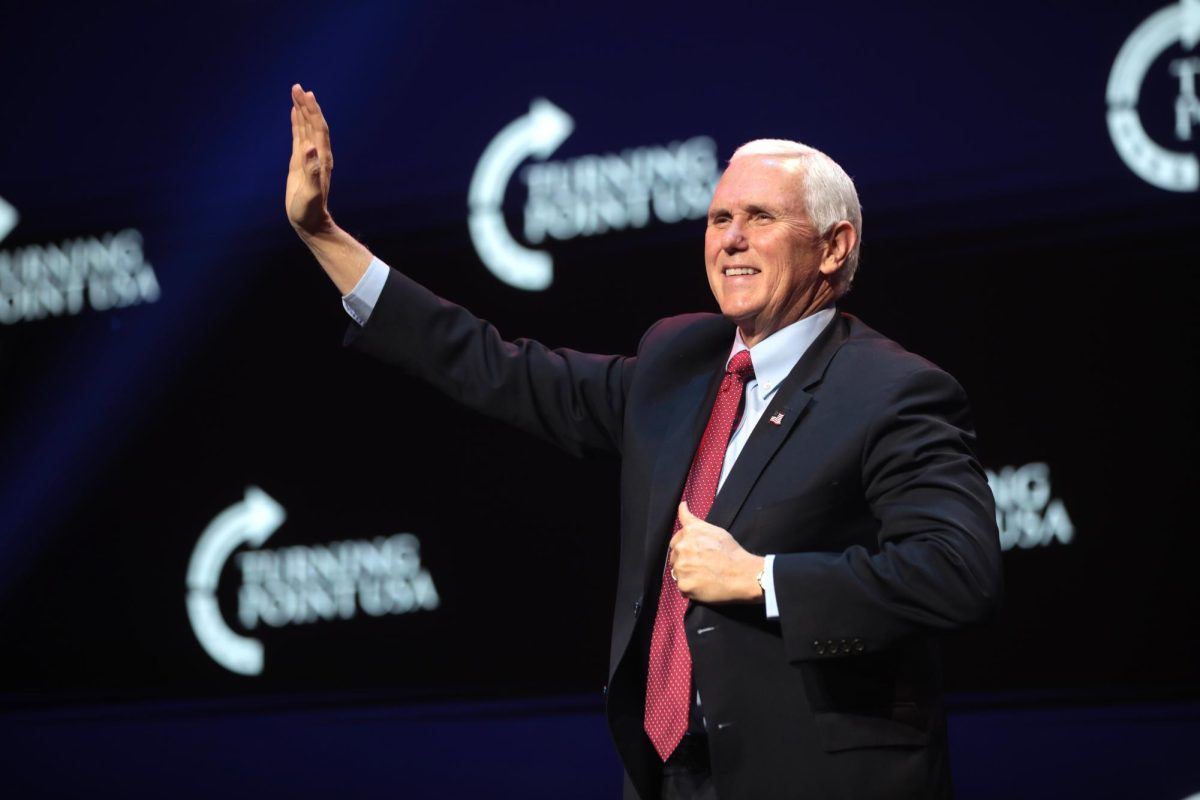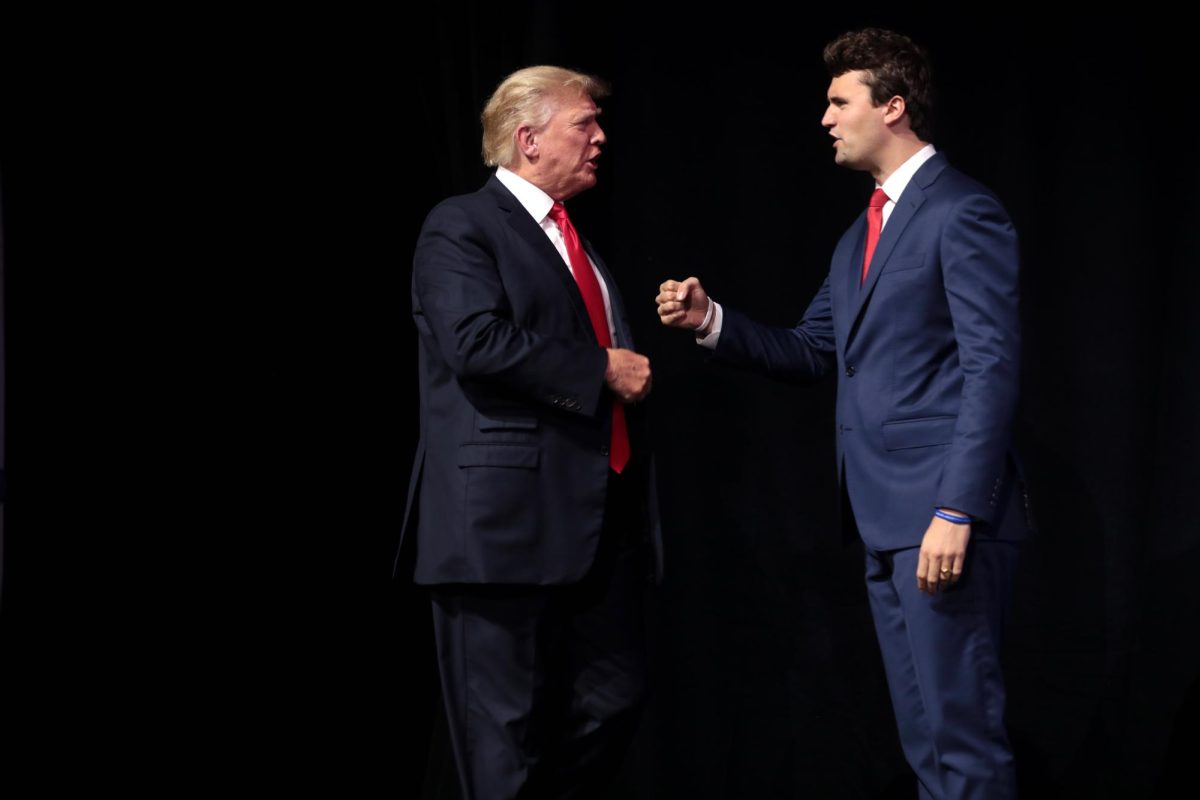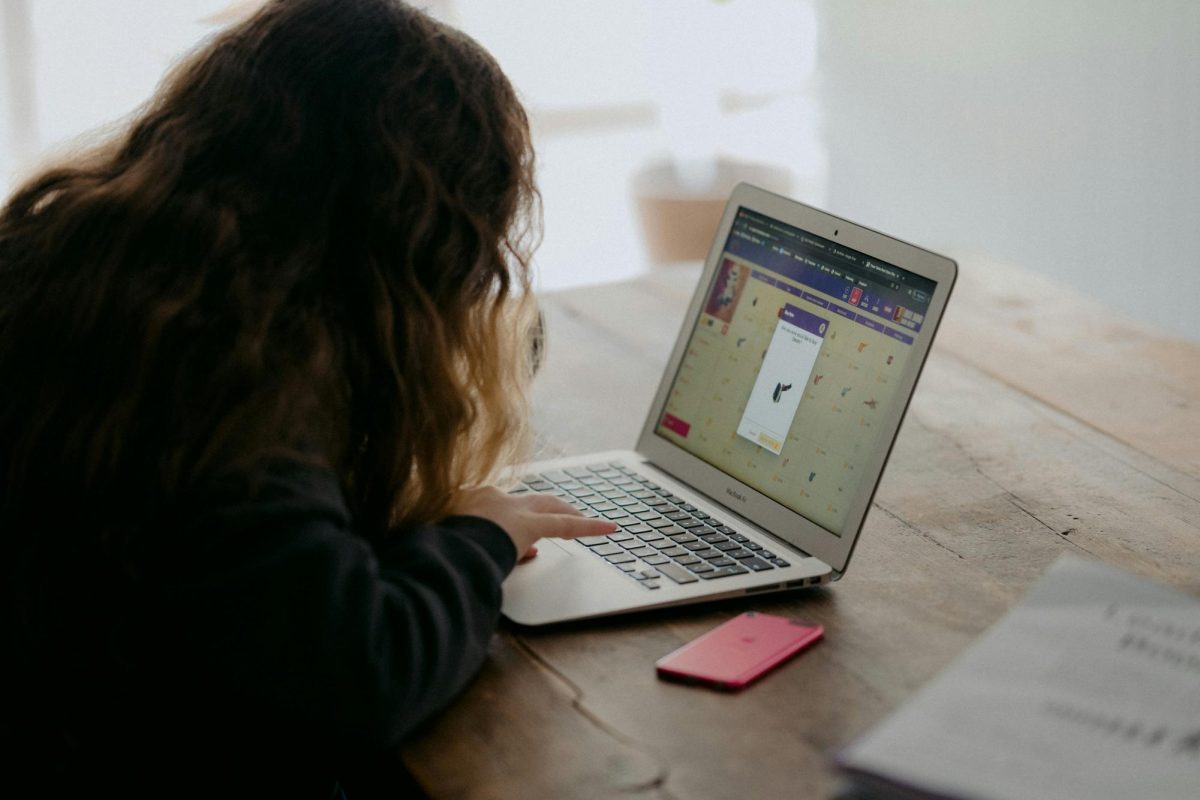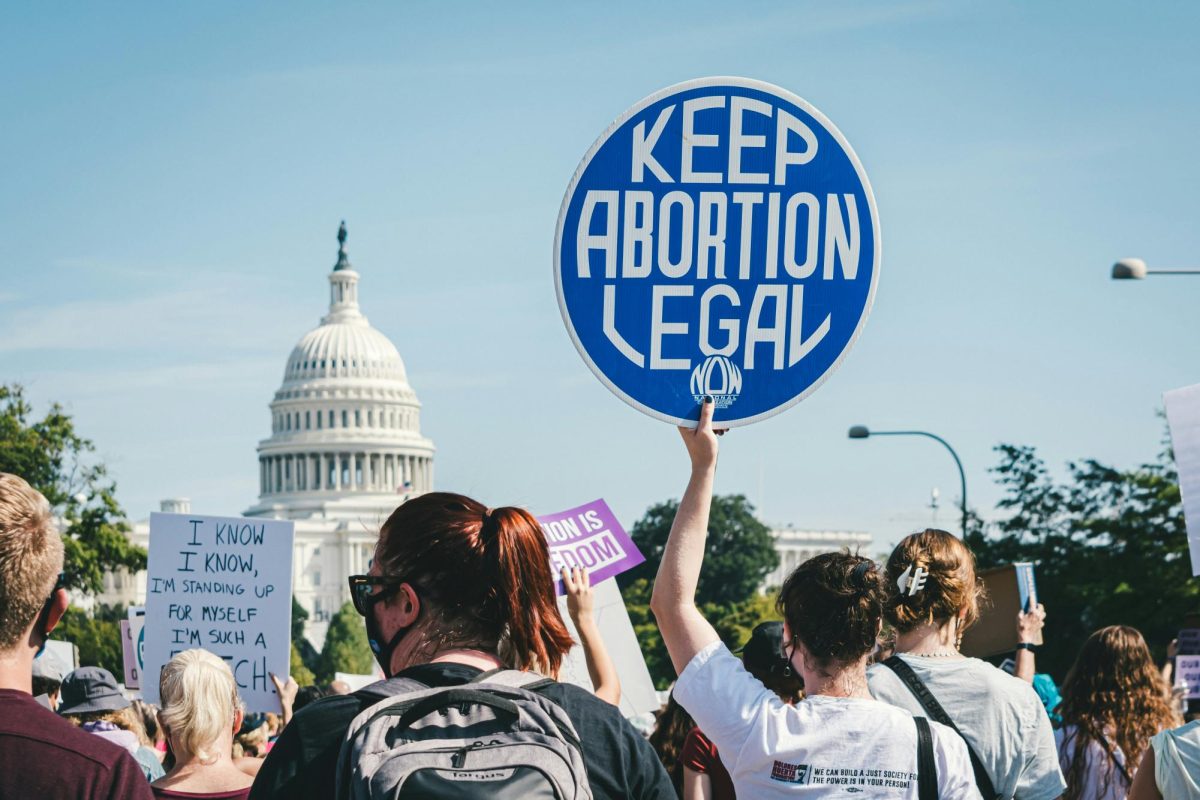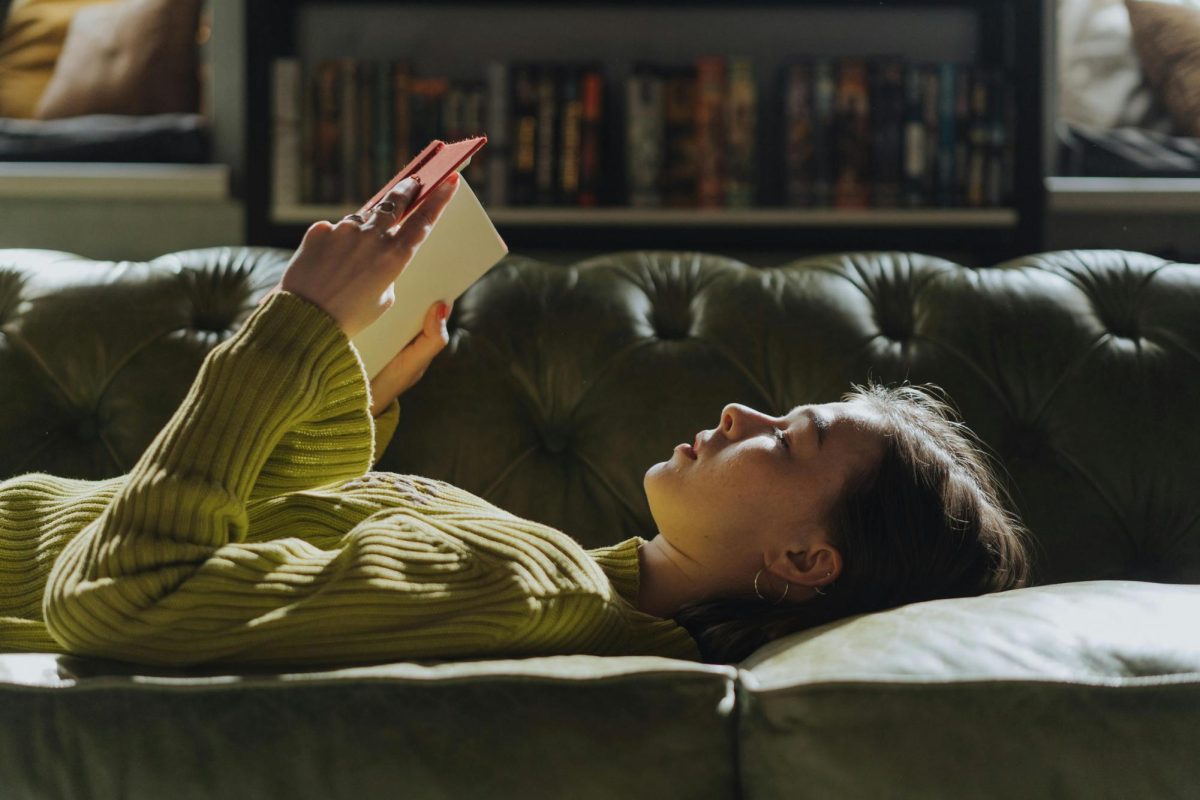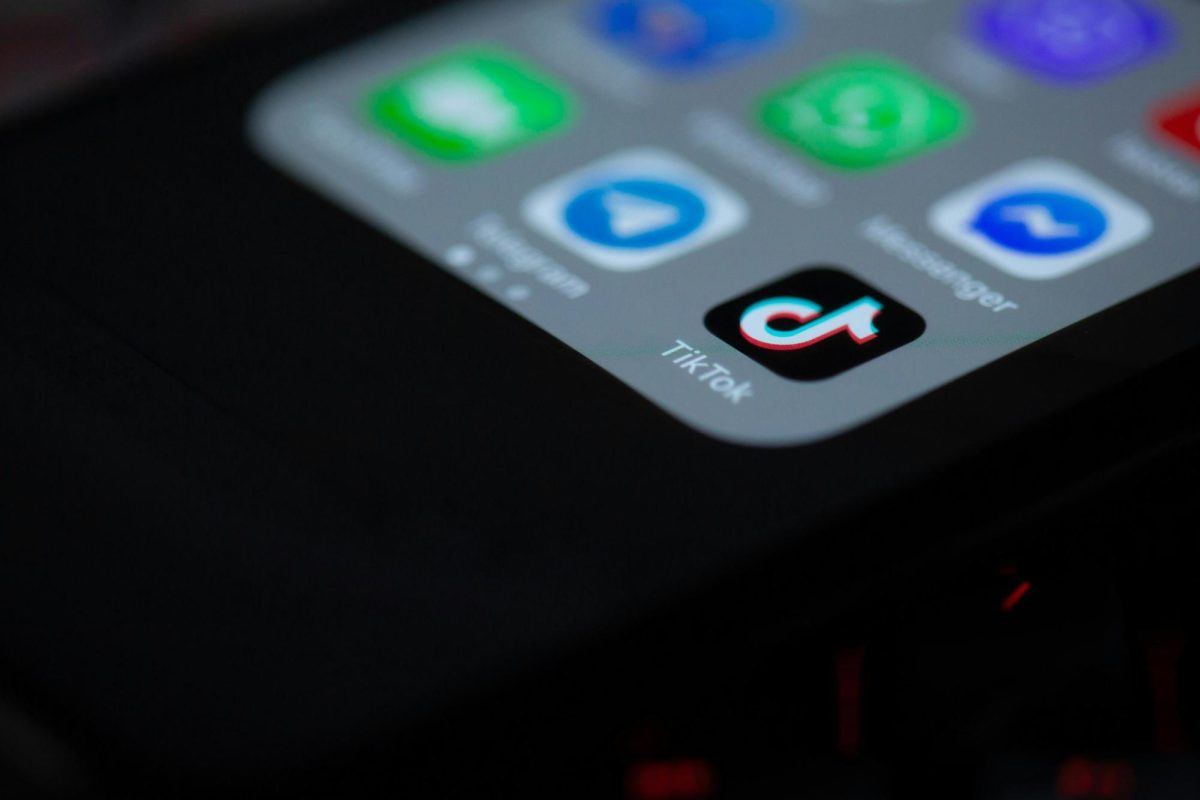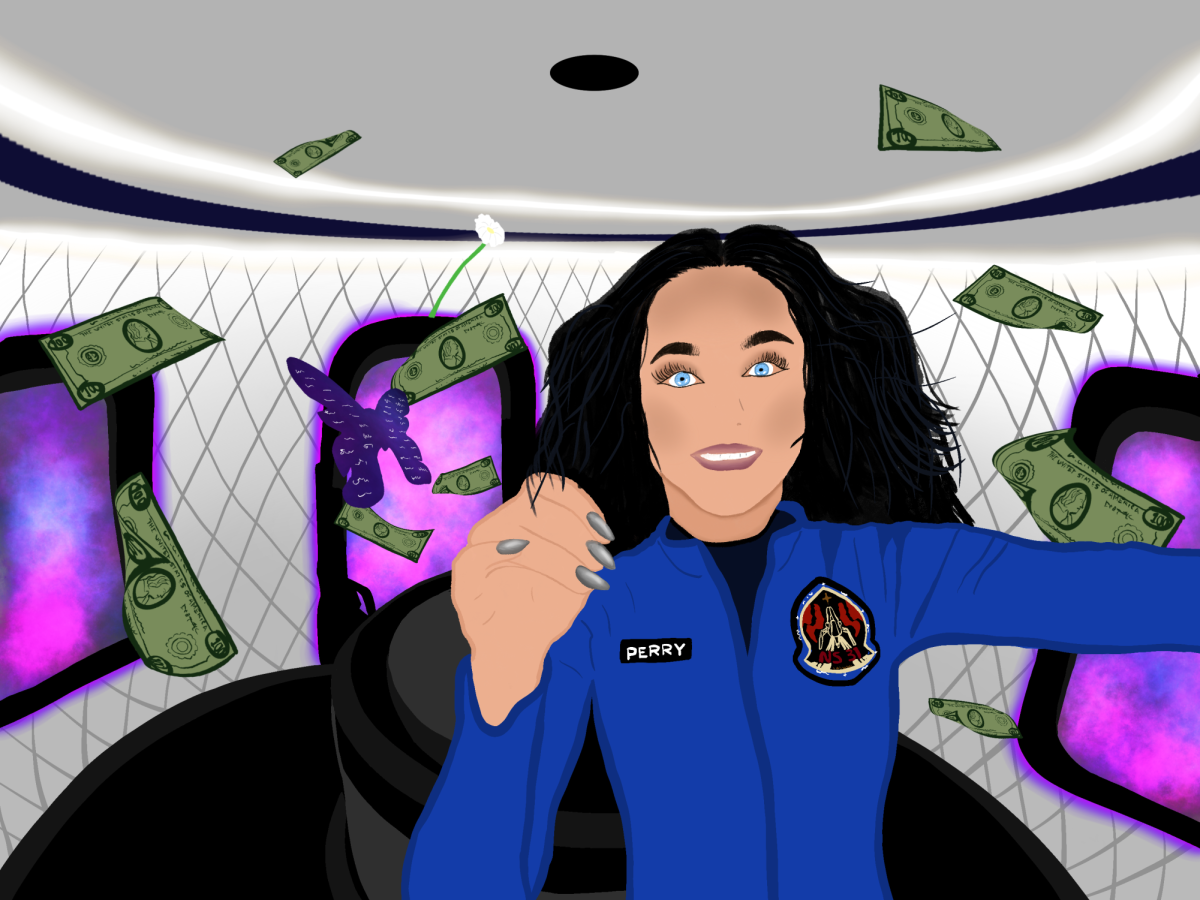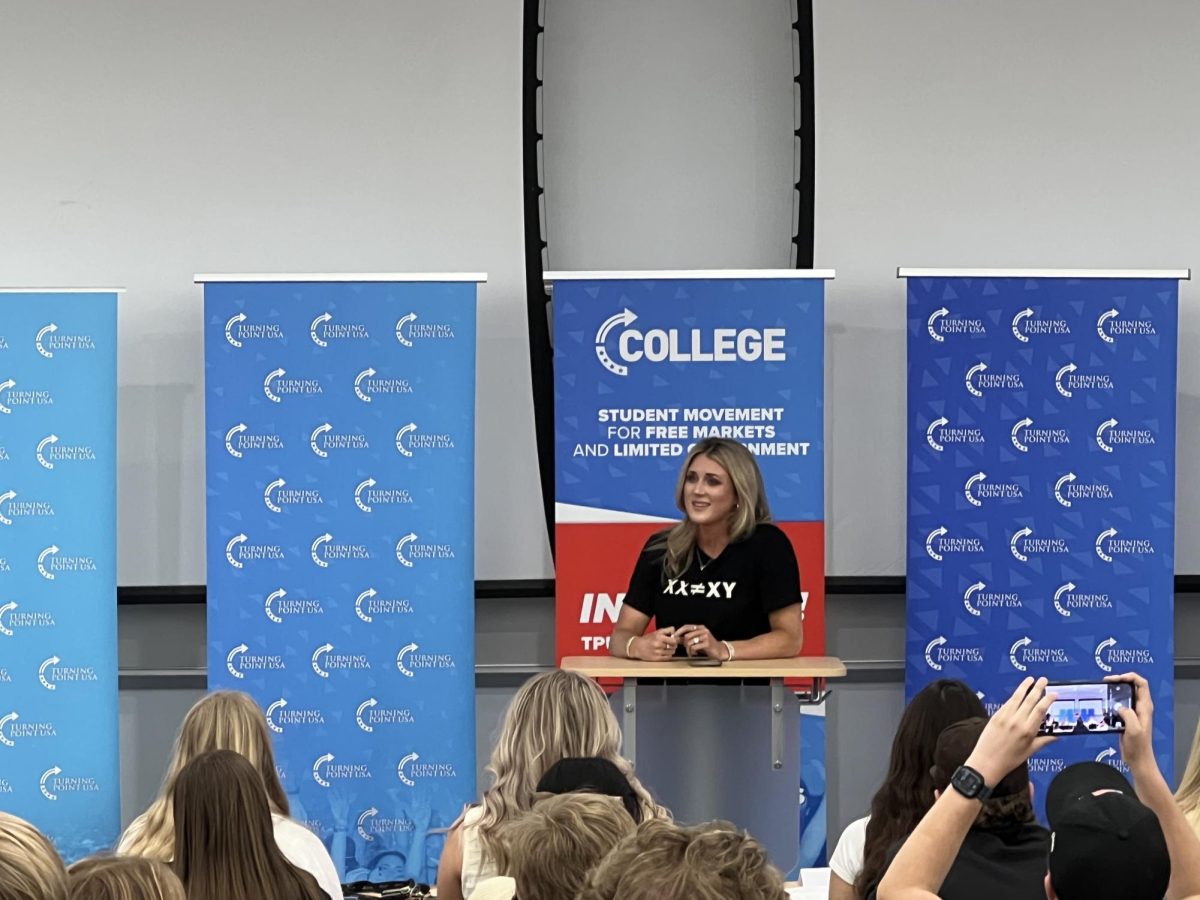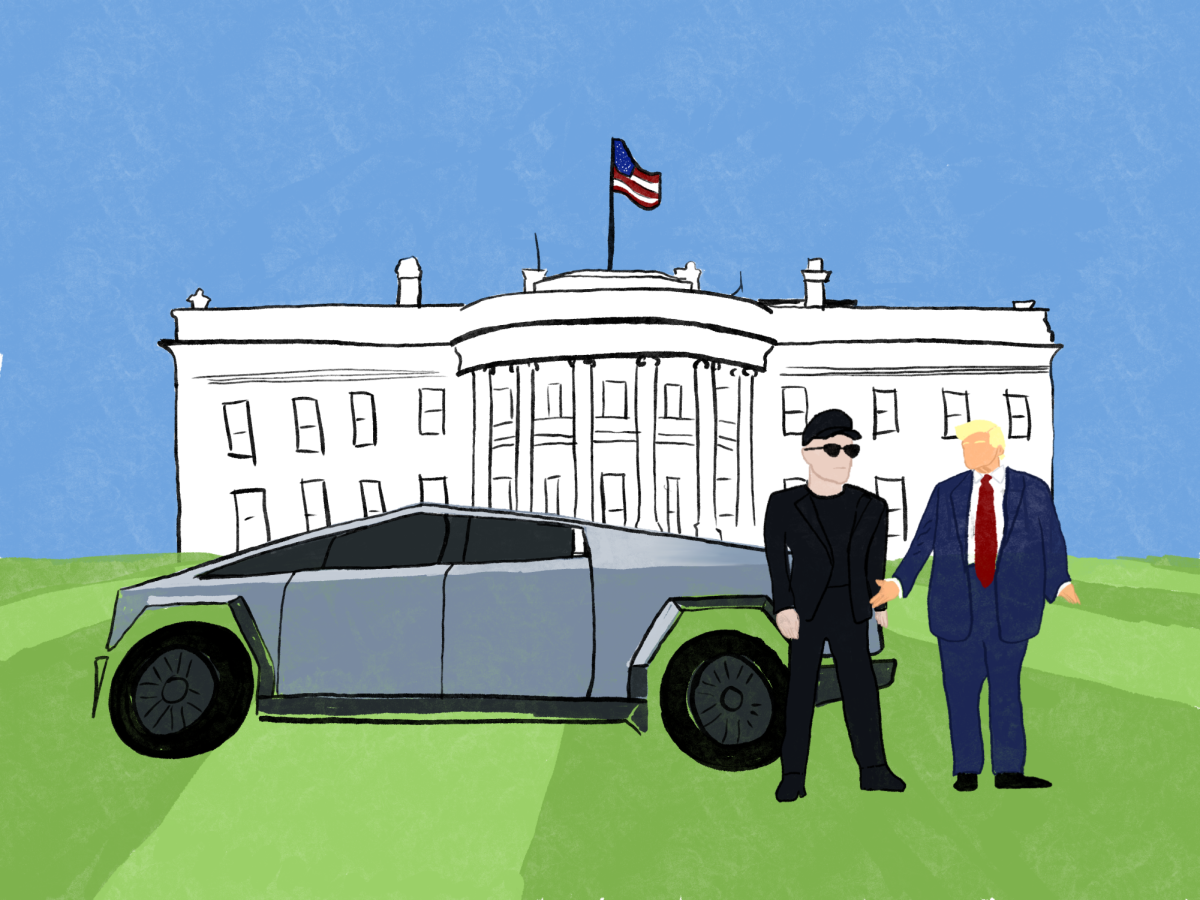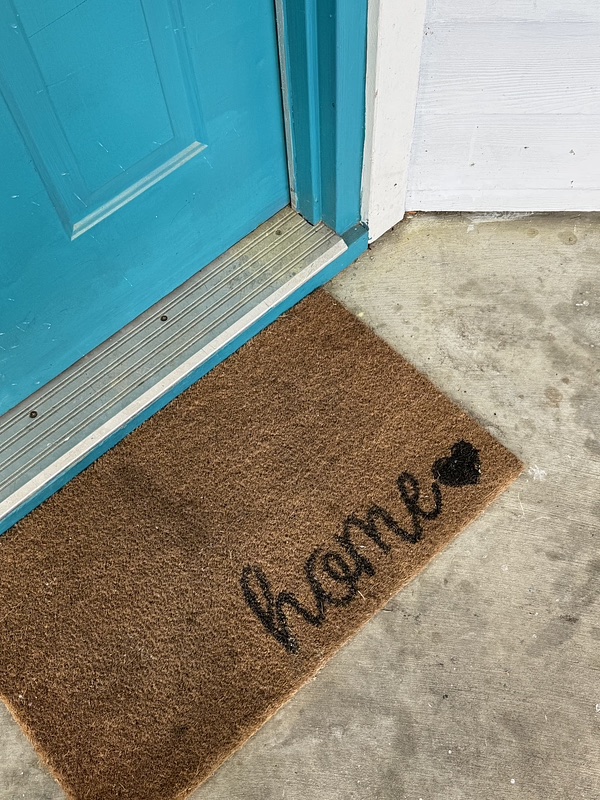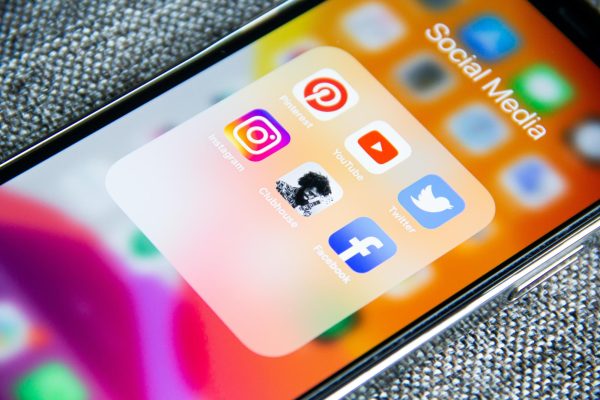
Through our phones we feel more socially connected than ever before, but are we? You can be friends and “be connected” with people almost instantly, with the click of a button. We can even pop into the lives of our favorite creators and chat in a split second. Heck, we can even romanticize with AI partners now. However, with this technology, we are lonelier than ever before. Furthermore, what is it doing to our mental health? Being connected to each other through the use of our phones comes with both positive and negative impacts.
As a person with a disability, I rely heavily upon technology to connect with others. It was through YouTube that I met one of my good friends today, so I know the advantages of connecting with people online; However, even with that one friendship I often find myself pondering the power of social media. Through shared posts between the two of us, I have gained many online friends. Yet, I still find myself alone in my apartment most weekends. On these weekends I often find myself more frustrated than ever. For I see the stories of these people with “mutuals” and often wonder why I was not invited, thus creating sadness and more loneliness.
On the flip side of this reality is the fact that we, myself included, have accustomed ourselves to the idea that being friends with someone online is like having them as a friend in real life. We get updates on them through stories and posts, without ever needing to see them in person. Meanwhile, we show our support by commenting on and liking their content. All these activities are well-intentioned to a degree. Nevertheless, these activities also only serve the purpose for so long. The dopamine levels from likes and comments start to weaken as they become the main source of the “friendship.”
These online connections are also a perfect cover for people to say “Well, I am friends with Michael,” and then not have to deal with my speech impediment or offer additional help from time to time. Knowing someone, even if they do not have a disability, is messy and hard work. We all have our own little quirks and imperfections that we are blind to; If we were all perfect and similar, then our world would not be as diverse and interesting. I believe that we all use social media to avoid the messy aspects of friendships. After all, social media is basically a carefully curated filter of our lives.
For me, another reality where this curated image of friendship comes into play is church. Leaving the religious connotations out of it, going to church for me is simply sitting with people whose names and selective aspects of their lives I know of. Think about it, I show up to find a place to sit and then have people talk to me for an extended period of time. Afterwards, I perhaps say hello to a few people and then am dropped off only to be contacted for further church events where we do it all over again. Going to church with people is one centimeter up a notch from online friends. Although I care about these friendships, I know these friendships are based on my attending these meetings.
On the other end of the spectrum, there are live chats that we can have with people at our convenience. I know a few people who are very conscientious about letting me speak when I’m in their lives. As a result, I find myself wishing that those friends lived closer geographically. I forget the fact that even lives are curated from the angle of the camera. While this is my personal experience with some creator friends , we all follow people online that seem to have the perfect life which only creates dissatisfaction and frustration in our own life. These personas make us jealous and leave us longing for whatever reality someone else has, instead of focusing on what we have.
For these very reasons, I always put in-person interactions above online interactions on any given day, even though it may be messy or awkward. After all, we are a social species that need human interaction, physical contact and other nonverbal cues that can only be obtained by being in person. As we move forward into digital communications, don’t forget social media is a façade and not to compare your life to ones on the screen.



